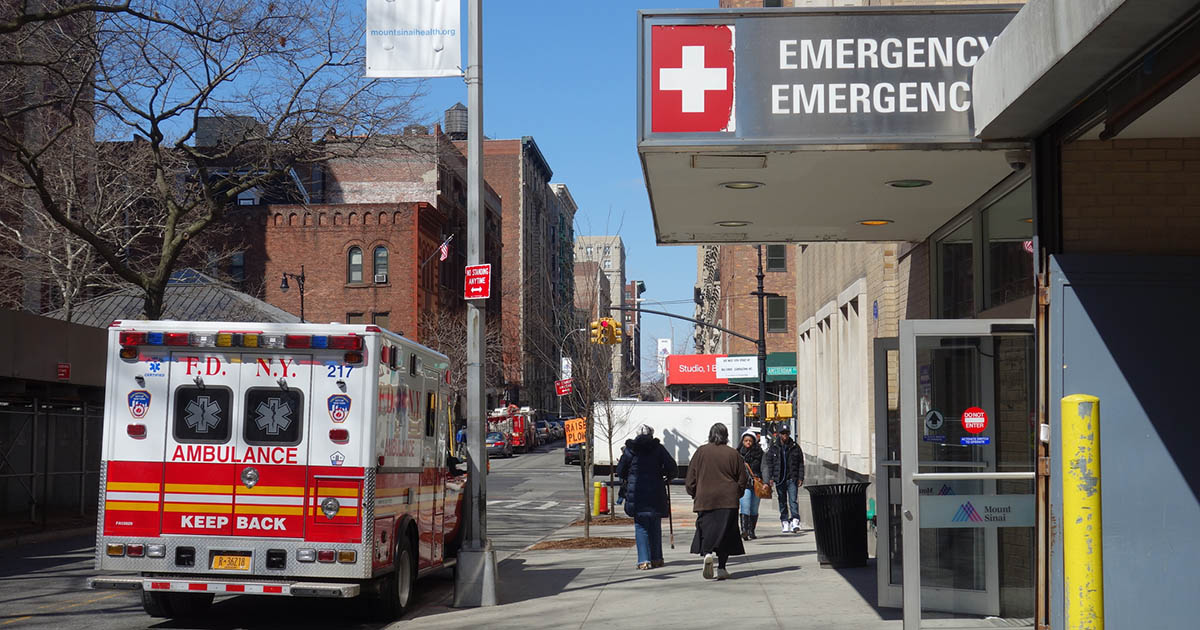How To Treat Hypovolemic Shock
Get To The Emergency Room

Symptoms of hypovolemic shock tend to be very serious and require immediate medical treatment. When losing a lot of blood, patients should get to the emergency room as quickly as possible. From there, the doctor will decide treatment based on the severity of bleeding. Emergency care may involve using a central venous catheter, which goes into a large vein and allows the doctor to monitor fluids and medications injected into the vein along with your central venous pressure (CVP). Low CVP is considered a sign of hypovolemic shock.
Several medications the doctor can put you on are dopamine and epinephrine. Dopamine is said to help improve blood pressure in those with hypotension. Epinephrine, also named adrenaline, is a hormone naturally produced in the body by medulla of the adrenal glands. Hormones made in the adrenal glands are known as catecholamines. The presence of catecholamines in the bloodstream increases heart rate and blood pressure. Additional medications that may be administered include norepinephrine and dobutamine, the latter of which has been used to treat heart failure.
Continue reading to learn more ways to treat hypovolemic shock.